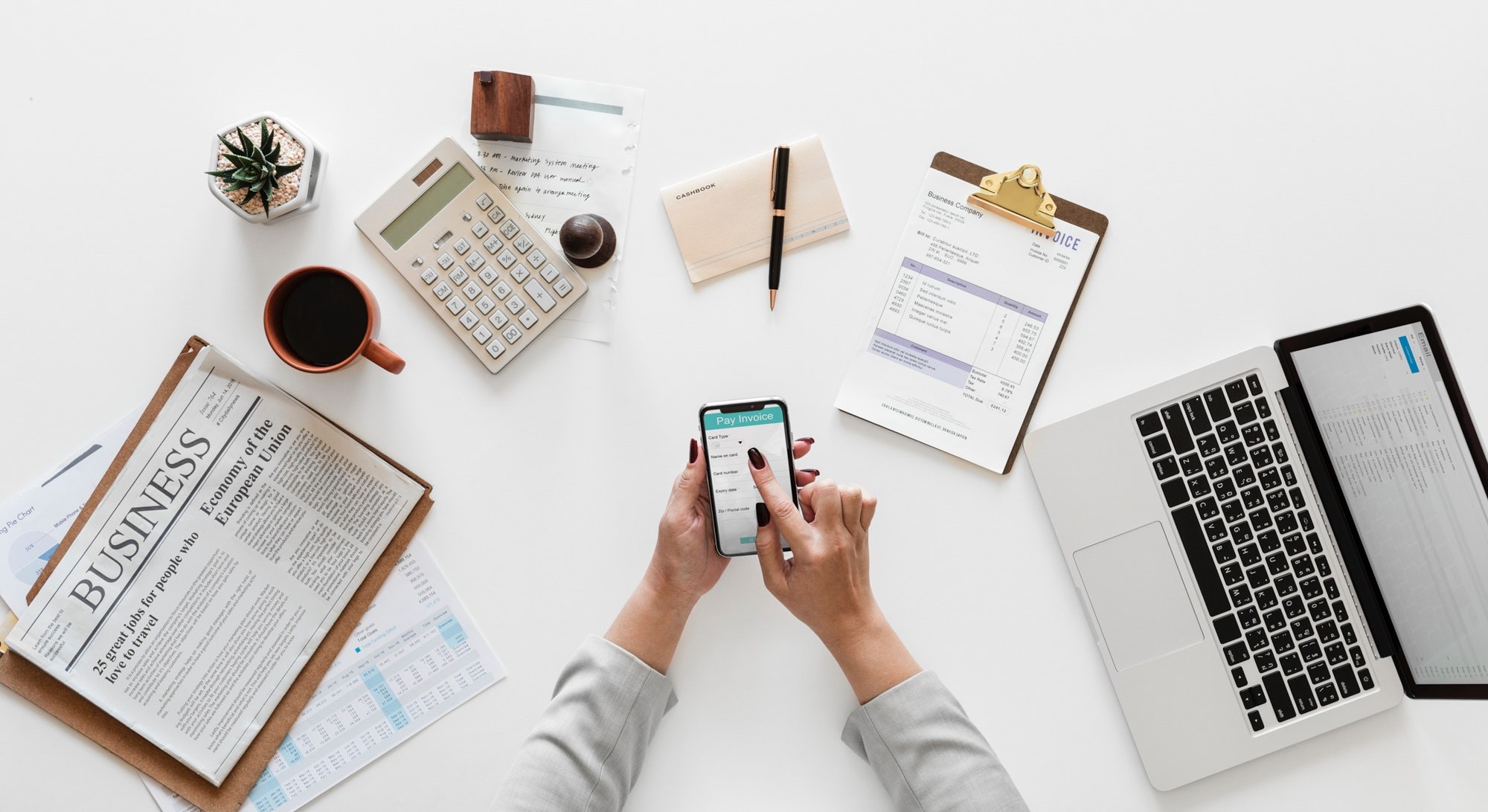This is Why it's Worth Filing Your Tax Return Early

The sun is high, the sky is blue and January’s Self Assessment deadline is but a distant, and possibly slightly distasteful, memory.
Yes, we’re only halfway through the year. Yes, you could forget all about the whole thing until Christmas or even (if you like a little added stress with your January) wait until the New Year.
However...
May we just offer a number of excellent reasons why you may wish to reconsider? (A couple might even benefit you financially)
Before we go on...
One vital point - completing your tax return early DOES NOT mean you have to pay your liability early.
No matter when you submit your Self Assessment, your liability is not due for payment until the 31st January deadline for that tax year.
Phew! Now that’s out of the way, let’s get on with all the benefits.
Reason One. Know What you Owe.
“Poor January. Widely billed as the most depressing month of the year, it comes in with a bang and goes out with an HMRC Tax deadline day…” How to Budget for Tax when you’re Self Employed
We’ve said it before and (broken record alert) we’re going to say it again.
Falling as it does at a time when many are feeling the pinch after Christmas, it really is better not to leave yourself open to a surprise in January.
Completing your tax return now means you will know exactly what your liability is, and have enough time to budget for the payment.
Reason Two. Make sure you claim everything you’re due.
Starting the process now means you have lots of time to find out exactly what expenses you can and can’t claim, and to track down all the necessary receipts and paperwork to make sure you do claim everything you’re due.
Not sure what you can claim? Grab a copy of our Free Self Employed Expenses Cheat Sheet to help out!
Reason Three. Get a Tax Rebate processed faster…
If you think you might be due a tax rebate, it’s absolutely worth filing your Tax Return as soon as possible.
Not only is that money better off in your account, but your refund should be processed faster simply because HMRC’s workload is lighter at this time of year.
Which also leads to…
Reason Four. You might find you can reduce your July Payment on Account
If you are due to make a payment on account on 31 July and your earnings/ profit in the last tax year are lower than previously, you should be able to apply to reduce your payment on account accordingly - but you will need to file your Return by mid-July to make sure it’s processed in time.
Reason Five. If you're Self Employed, it will make applying for a mortgage or other credit easier
Gone are the days of “self cert” mortgages and loans for the self employed.
Now you are far more likely to be applying for a normal product, but with a harder job ahead to prove your income than someone who can produce PAYE wage slips.
Whether you’re planning to apply for credit for personal or business use, having verified figures available is a must.
Reason Six. Have correct figures ready for Tax Credit Claims
If you’re claiming tax credits, you will have to renew your claim by 31 July.
While you can use estimates, our advice is that it is far better to work with correct figures because it means you can be sure you’re not being under or over paid.
Reason Seven. Have tax collected through your Tax Code (if you’re eligible)
If you pay tax under PAYE as well, you might be eligible to have your Self Assessment liability collected through your tax code.
This way, your payments are divided into equal instalments over 12 months and automatically deducted from your earnings alongside your normal PAYE tax.
To be eligible:
- Your liability must be under £3,000
- You must have enough income paid through PAYE to cover the liability
- Your tax must be less than 50% of your PAYE income
- You must not end up paying more than twice as much tax as you normally do
- You must submit early. Paper returns must be in by 31 October and online returns by 30 December
Want to check your eligibility? You can find out more on Gov.uk here.
Reason Eight. Save Time and Hassle by Outsourcing
Best of all, making the decision to file early means you can take a little time now to outsource the preparation of your Self Assessment, saving you time and hassle not just this tax year, but the one after and the one after that…
Here at Primus Tax, our qualified tax specialists have helped more than 10,000 happy clients say goodbye to the hassle of doing their own tax returns.
Why not join them?
After all, Self Assessment is what we do. And that means you don’t have to.
Enquiry Form
Complete the form below to request a callback, book a free consultation or get more information